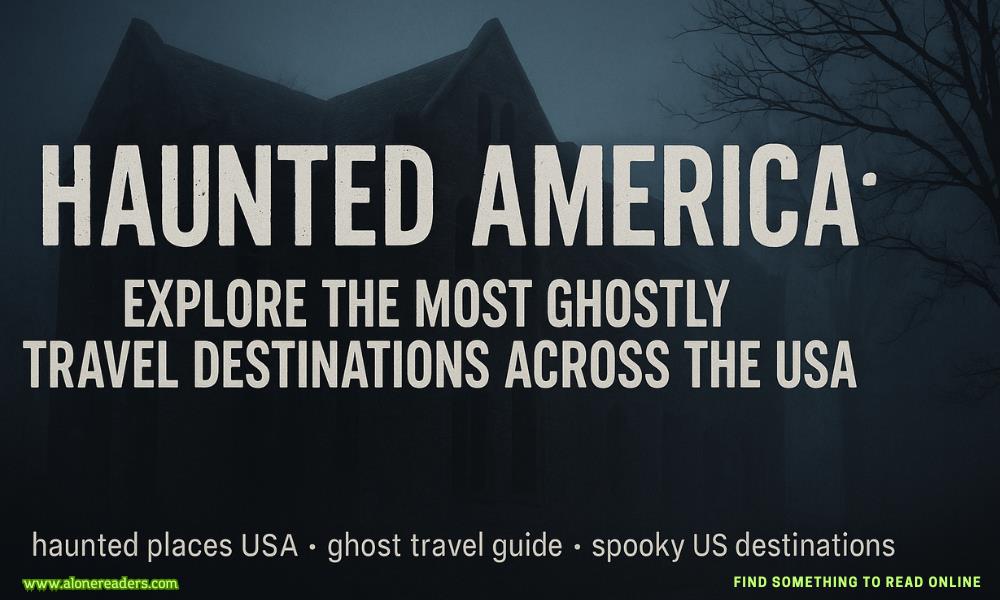Page 21 of Six Wild Crowns
She is about to retrieve Fauvel when something catches her eye.
“…beneath Pillar’s Vein…”
Boleyn pulls the stray sheet from the book and stares at those words. Pillar’s Vein was once, if her memory serves her right, the name for Pilvreen. The paper has been badly damaged – parts of it are scorched. She holds the paper up to the sun, hoping to decipher more words beneath the burn marks.
Cwe… hambre… rut… beneath Pillar’s Vein
She fills in the gaps with all manner of possible meanings. Could “Cwe”be the antiquated word for “queens’? “Hambre” could be another word for “hammer”, or perhaps it means “chamber”. Either would make sense in the context of “beneath Pillar’s Vein”, given Pilvreen’s mines are ancient.
Perhaps it’s trifling. Perhaps it will lead to nothing, but it’s the first nibble of something new she has discovered. If there’s the smallest chance that it will help Henry and Elben, then she must pursue it. On this occasion, she will risk Syndony’s wrath.
If her geography is correct, Boleyn should be able to pass through the woods that border Brynd, and emerge close to the mines without having to pass through Pilvreen. Fauvel makes light work of the journey. The only people they come across are a couple of poachers. Boleyn must tell her guards to patrol the woods from time to time – she doesn’t resent the loss of a few deer or even the occasional honeydragon, but she can’t be perceived as lax.
The mines are nestled at the edge of the woods that bridge Pilvreen and Brynd. The sound of chisels on rock echoes through the trees long before Boleyn emerges into a clearing and spots the entrance to the mines. The smell of camphor is pungent. Sacks of unpolished garnets sit, disordered, on carts. The men and women resting outside eye Boleyn from beneath their caps, their faces and clothes coated in grime. Several of them gulp at tankards of ale, or cough up red phlegm. Boleyn wonders whether she was wise to come here without her guards.
She notices an older man with a left hand that’s missing two fingers, passing from one miner to another, fetching fresh handkerchiefs for some, whispering words of consolation and encouragement to others.
“You, sir. What is your name?” she asks, dismounting.
“Oswyn,” he says warily. He does not bow, but then again, she has not introduced herself.
“Oswyn. Are you the foreman of these mines?”
“I am.”
“May I speak with you in private?”
He takes his time joining her at the far side of the clearing, out of earshot of the other miners. Up close, Boleyn can smell the sweat and iron on his skin more clearly. She tries not to show her distaste.
“I can see that you care for your workers, Master Oswyn.”
He dips his head in acknowledgement and crosses his arms. “I can care for ’em and still work ’em hard, Your Majesty.”
She raises an eyebrow. “So you do know who I am.”
“My son saw you in town the other week. Described you to me. In detail.”
“I see.”
“Then there’s you coming from the castle side of the woods. I can add two and two.”
“I find it interesting, then, that you did not address me as your queen sooner.”
Oswyn blushes, but remains silent. So does Boleyn. The silence stretches between them, until Boleyn realises that she will not flush this man out as she did Bishop More. He is the first person she has met who is impenetrable to this manipulation of hers. She could have him thrown into gaol for his impertinence, of course, but that would only turn her people against her even further.
“Very interesting,” she says eventually, smiling to show that she is unbothered by her failure. “The people of Pilvreen seem slow to trust the Queen of Brynd, but less slow to take her coin.”
“I’d answer that the Queen of Brynd is very quick to take her percentage of those garnets we are killing ourselves to mine.”
Ah. She now has her bargain.
“Yes,” she says, as though it’s something she’s been considering for some time. “This is why I wished to talk to you, Master Oswyn. I do think you and your people should keep a higher percentage for yourselves.”
“You do?”
“It’s only fair. And we should discuss a benevolence for those who are no longer well enough to work in the mines, in recognition of their service.”
Oswyn shifts. “And who’s to pay for this benevolence, then?”
- The Prince's Secret Twins by Elizabeth Lennox
- Tangled Desires by Tory Baker
- At the Edge of Surrender by A.L. Jackson
- A Touch of Fate by Cora Reilly
- Untouchable Love by Lucy Darling
- After Hours by Caitlin Crews
- Shelter from the Storm by Mari Carr
- Someone Knows by Vi Keeland
- Hawk by Fiona Davenport
- The Silencer by Brooke Summers
- The Beat of her Heart by Emily Hayes
- The Neighbor's Son by K. Webster
- Vasily the Hammer by C.B. Alice
- Convenient Vows by D.C. Beks
- Wrapped in Silver by Sara Vice
- Ruined By Capture by Sherry Blake







